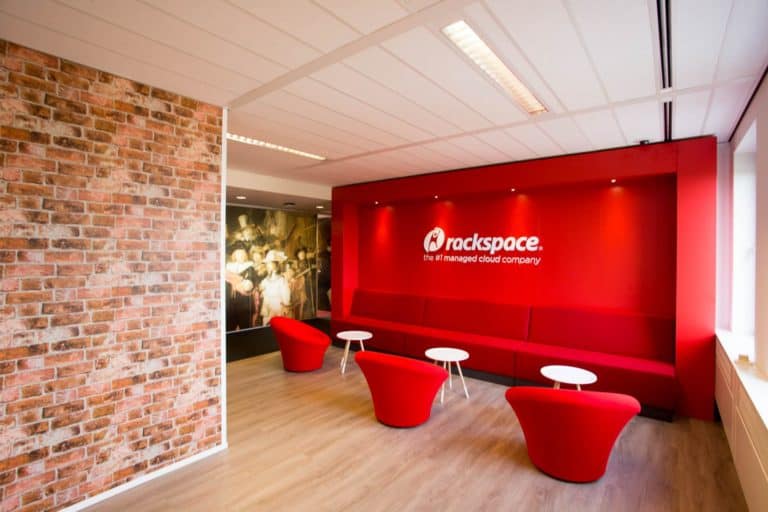There are many different ways in which the cloud can be used. Sometimes the best cloud environment is one where the qualities of different types of cloud are combined: the hybrid cloud. Although the advantages of the hybrid cloud are undeniable, it also involves a great deal of extra complexity. For many companies, this leads to the question whether the increased complexity of the hybrid cloud is worth the benefits. What are these advantages, and how do you determine whether hybrid cloud computing is the best choice for you?
Advantages of the hybrid cloud
The hybrid cloud delivers the best of both public and private clouds. This is done by integrating both clouds into a platform that enables the optimization of applications by adapting the infrastructure to what the application really needs, instead of the other way around. In a hybrid cloud, the infrastructure is set up in such a way that the public cloud, the private cloud and single-tenant dedicated servers can work together in any combination. This provides companies with various advantages, namely:
- Flexibility and fit-for-purpose
The good cooperation of multiple environments brings together the advantages of the different clouds; this makes the use of a hybrid cloud a very attractive strategy. As a company, the hybrid strategy gives you the freedom to choose which combination of cloud solutions best suits your type of organisation. This allows you, as a company, to locate different tasks and workloads in the type of cloud that is best suited for this purpose.
- Security
Moreover, the hybrid cloud is also a very secure form of cloud computing. Security can be further enhanced by storing sensitive customer data on the single-tenant dedicated server, while you can continue to use the front-end applications in the public cloud.
- Scalability
Every company can agree that estimating the number of resources is a difficult task. Thanks to a hybrid cloud solution, organisations have the possibility to choose the ‘pay-as-you-go’ option. This allows a company to determine where and when scalability is needed. This is ideal for heavy and unpredictable traffic in which the hybrid cloud itself can also automate peak times. In this way, IT costs can be reduced, and cloud space can be handled better.
Increased complexity
Regarding the hybrid cloud, IT managers often think of extra care and increased complexity; the number of options is increasing, and with it the number of decisions that have to be made in this regard. This raises questions about, for example, which applications are the most useful and work best on which type of platform. Not every IT manager has an answer to this question. In order to cope with the increased complexity and to be able to enjoy the benefits of a hybrid cloud, you can call in an external party. Rackspace supports and guides companies in their transition to a hybrid cloud. After all, it can be extremely valuable and offers infinite opportunities for companies to improve their performance, increase security and optimise scalability.
In short, if the deployment of a hybrid cloud is suitable for your organisation, it is worth the additional complexity. But beware, it is essential that you do this in the right way. If in doubt, you can get help from a party like Rackspace. Want to know more about your hybrid cloud options? Then take a look at Rackspace’s website.
This is a submission from Bert Stam, Sales Director Northern Europe at Rackspace. Find out more about the company’s opportunities through this link.
